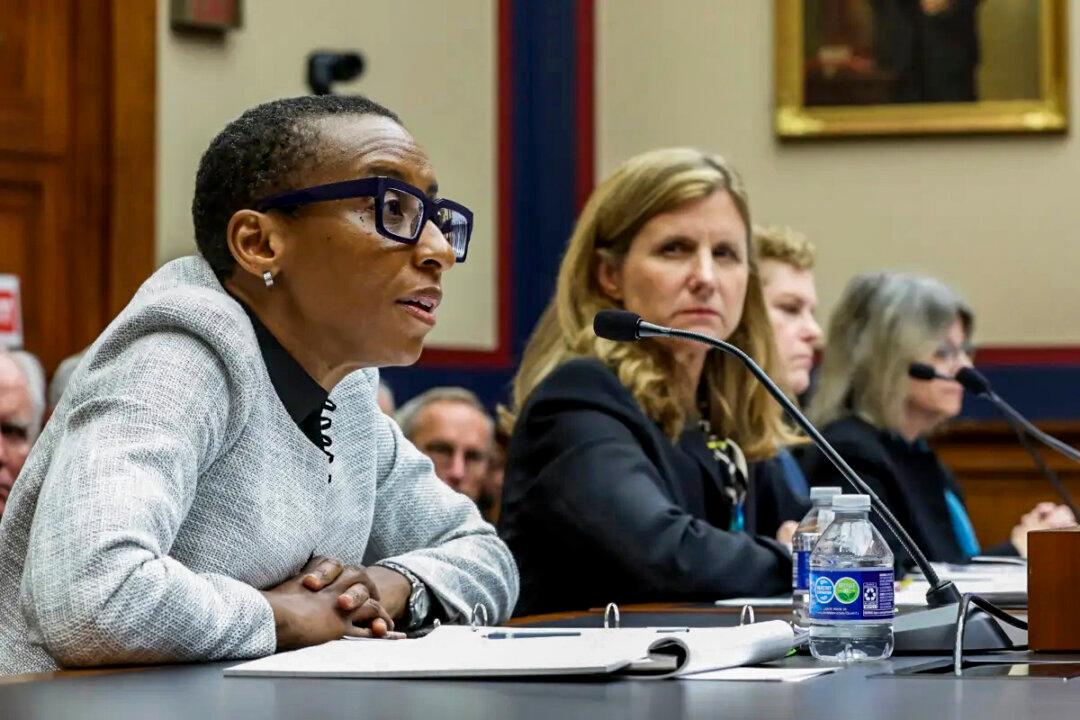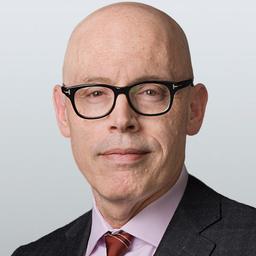Commentary
The problem of a higher education system pursuing goals that are increasingly at odds with those of the general population it is expected to serve has been the focus of extensive analysis and commentary. In the face of this ill-advised trajectory, it is not surprising that society’s reactions are intensifying. For example, organizations such as the Foundation for Individual Rights and Expression and the Alliance Defending Freedom actively defend and promote free speech and students’ rights on campus. State legislatures in places including Florida and Ohio are moving to enact comprehensive education reforms. As well, in the market for education, we see traditional, de novo, and restructured alternatives increasingly on offer.






